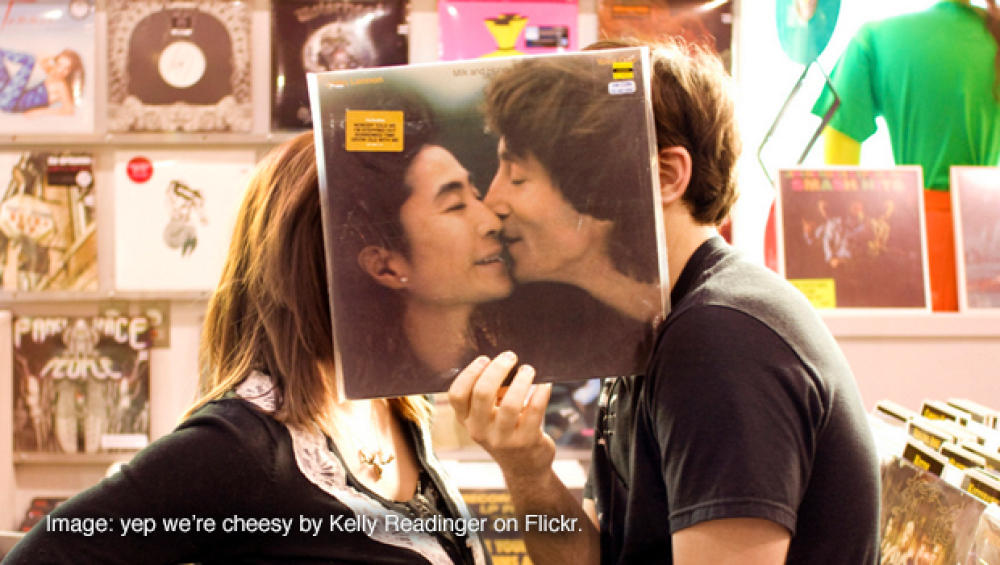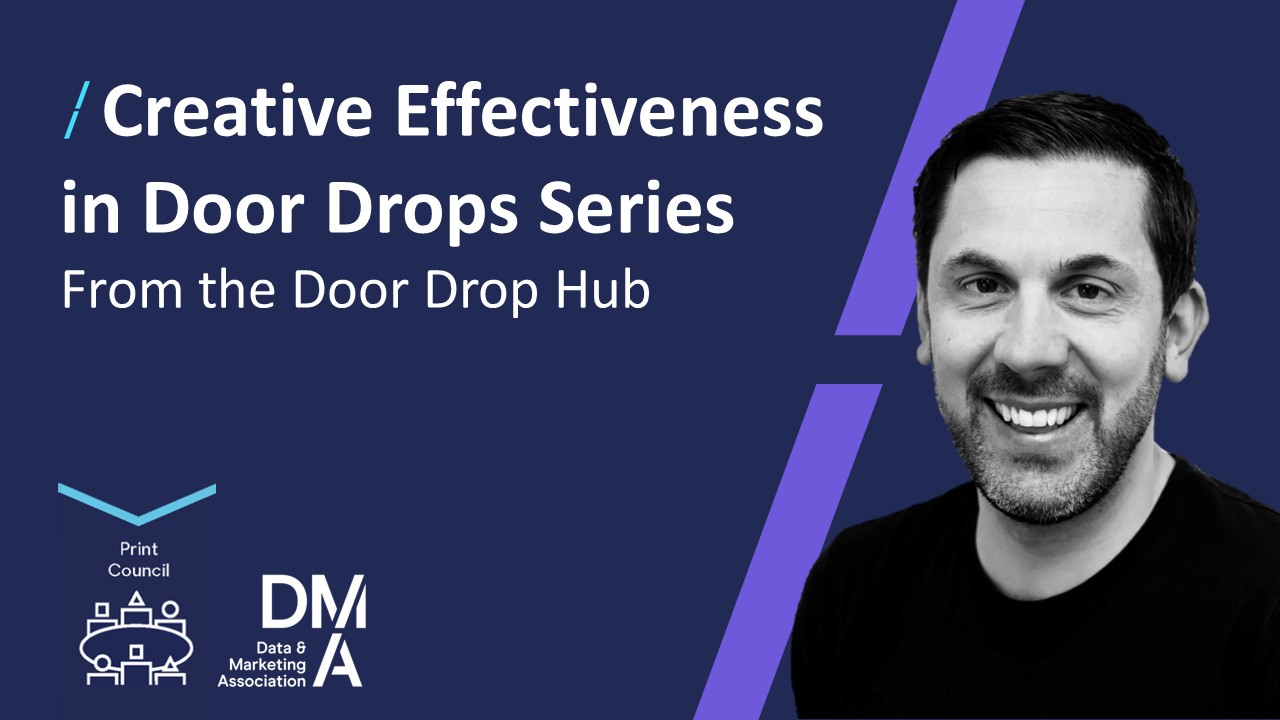1 Click and youâre dead.
18 Aug 2016

The needle gently phishes and crackles, navigating ever decreasing grooves to the first note. It’s the last pause before… the room fills with music.
As a whippersnapper the journey to the first note didn’t start with the needle. It started hours earlier.
You left the house or work and popped along to the high street to Our Price, HMV or Woolworths. You would feverishly finger your way through racks of records until you found what you wanted (or needed). Then back home or to work again.
Three or four hours later at home, the piece of vinyl would be gingerly pulled out of its (rose tinted, but ultimately beautiful) packaging and laid carefully onto your turntable. The needle gently applied to the wider grooves at the edge and then…
Well, the room filled with music and you sat back with the album cover in hand and simply listened to it.
Nothing else, you just listened, appreciating it as a whole.
Sure there was always a track or two that were the runts of the plastic litter, but you didn’t care, at worst they underlined the songs you loved most.
In halcyon days you’d spend nights doing this. Basking in pop was a self-fulfilling reward.
A pleasure earnt.
Fast forward (pretend time is a cassette) and music is gleefully dragged down the wire or over clouds as single tracks, thrust into quick and dirty playlists to suit the mood of the moment and played instantly.
Consumed in a giddy cocktail of Pokemon, ebooks, jumping on buses and single eared conversation.
It’s relegated to being a noise to enjoy other parts of your life to.
What was one artist’s lament about lost love is someone else’s instant theme tune to their commute home.
And then, because it was so easy to find and consume, we spit it out with ease.
Even before the last bar we’re already searching for the next high-pitched fix of another octave. Clicking through related artists or remembering tracks from school discos.
Why? Because it’s easy.
No other reason. Its value has been diluted by its convenience.
iTunes, Spotify, Tidal and (you can add) Kindle are often cited as great examples of friction free transactions. Just one click and it’s yours.
At a Figaro Conference I heard delegates from Tesco, Schuh and ITV hold Amazon up as a shining example, the bench for purchasing. Which troubled me.
If a product’s value is diluted by its convenience of purchase then what happens to the brand?
I get music is completely different to your weekly shopping but what about clothes or television?
Do we get the same amount of happiness from watching TV at our convenience as we did when we actually made time to be in front of the TV at the right time.
We love anticipation.
We’re always looking forward to the next thing. Straight after Christmas we look at booking summer holidays. A lot of us prefer the lead up to Christmas so much more than the day itself.
So when we binge on box-sets are we denying ourselves the pleasure and excitement of waiting for the next episode?
Ease over value isn’t a new thing.
Anyone who’s read Malcolm Gladwell will remember the story of Betty Crocker’s cake mix. In 1952 their original mix was easier, just mix it up and bake it. And DING! you had a cake.
It sold badly.
So they changed the mix, leaving out the powdered eggs and telling customers to ‘add fresh eggs’. Sales picked up. People were happy to share their (almost) instant cake because they felt as though they had been a part of it. They had mixed up ingredients.
As soon as it became a little more difficult to make a cake, the value of the cake mix went up.
I’m not saying that Friction Free Transactions are all bad. Far from it. I’m just arguing that for some brands and products it could eventually kill their value.
Just because we can make it easier to purchase doesn’t mean it’s right.
Right. I guess I better turn my record over.




Please login to comment.
Comments